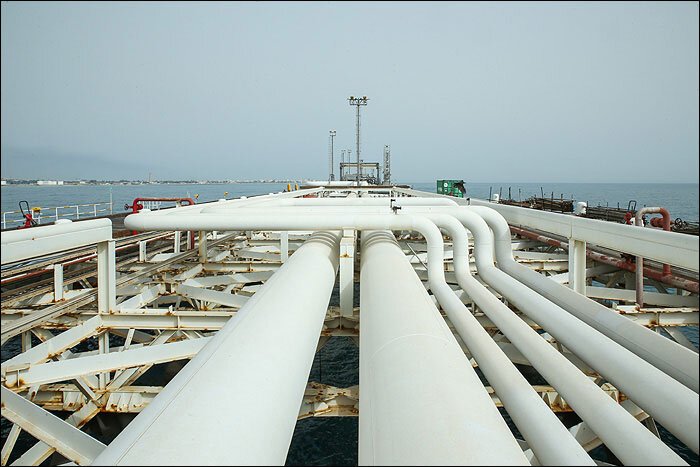Iran’s stance underscores its readiness to respond to any actions perceived as detrimental to its interests, signaling a firm resolve amid the growing geopolitical tensions in the region.
In a recent development addressing concerns over potential disruptions in energy exports following heightened tensions in the Middle East, Iran’s Deputy Oil Minister, Morteza Shahmirzaei, asserted his country’s commitment to maintaining stability in the region’s energy market.
Speaking via video link at a conference in Moscow on Tuesday, Shahmirzaei emphasized Iran’s dedication to ensuring the continuous flow of energy exports, despite escalating tensions triggered by an attack on Israel.
Highlighting the importance of upholding the principles of “non-harm” to energy producers, Shahmirzaei stressed the necessity for all countries and stakeholders to contribute to the stability of the energy market. His remarks come in the wake of a warning from Israel, threatening retaliation against Iran following a reported drone and missile attack over the weekend.
Iran’s stance underscores its readiness to respond to any actions perceived as detrimental to its interests, signaling a firm resolve amid the growing geopolitical tensions in the region. The assurance provided by Shahmirzaei aims to reassure global energy markets and stakeholders amidst concerns of potential disruptions that could impact oil prices and supply chains.
Following Shahmirzaei’s statements, oil prices experienced a decline, influenced not only by the escalating tensions but also by economic data from the United States. The delicate balance of supply and demand in the global oil market is further complicated by geopolitical uncertainties, underscoring the significance of stability and cooperation among key energy-producing nations.
Iran, a significant player within the Organization of the Petroleum Exporting Countries (OPEC), holds considerable influence over global oil markets, with its daily production exceeding 3 million barrels, constituting approximately 3% of the world’s total output. As tensions continue to simmer in the Middle East, Iran’s commitment to safeguarding energy exports underscores the critical role it plays in maintaining stability and security in the global energy landscape.
In a region prone to geopolitical tensions and conflicts, the assurance provided by Iran serves as a reassurance to energy markets, investors, and consumers alike. The stability of energy exports from the Middle East is vital not only for the economic interests of the region but also for the global energy security architecture.
As geopolitical tensions persist and threats loom over the stability of energy supply chains, the international community closely watches Iran’s efforts to uphold its commitment to ensuring uninterrupted energy exports. The coming days are crucial as stakeholders navigate through the complexities of geopolitical dynamics while striving to maintain stability in the global energy market.
